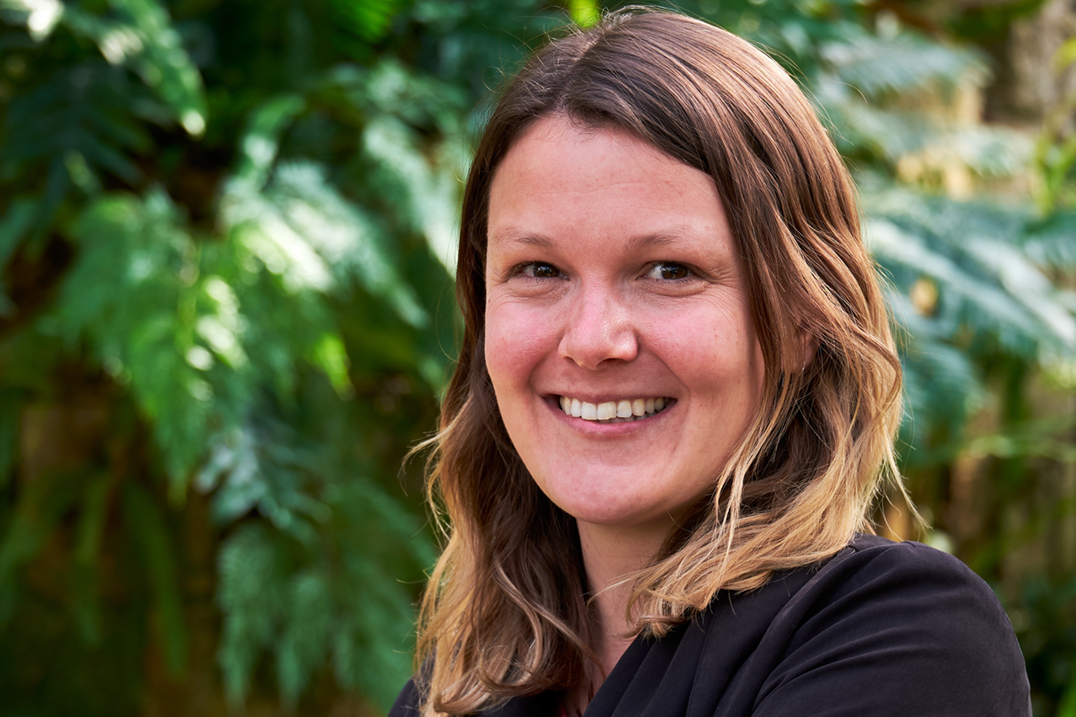News & Press
A Boost for Post-doctoral Qualification
Linnea Hesse receives funding for young scientists

Photo: Marc Thielen
Success for biologist Dr. Linnea Hesse: togehter with geographer Dr. Carola Fricke, she has been selected this year to receive funding for her post-doctoral qualifications from the “Margarete von Wrangell Habilitation Programme for Women”. Over the next five years she will set up and complete her post-doctoral studies on her own research project. The funding covers her own position as well as networking, educational and coaching services, and is financed by the Baden-Württemberg Ministry of Science, Research and the Arts and the University of Freiburg. The program's aim is to support young academics on the path to becoming a professor. Hesses project is closely linked to the research of the Cluster of Excellence Living, Adaptive and Energy-autonomous Materials Systems (livMatS).
Linnea Hesse: Functional Morphology and Biomechanics of Monocotyledonous Plants
About a quarter of all flowering plants are monocotyledons, this includes plants such as cereals, grasses, palms and orchids. Their stem structure is characterized by a comparatively filigree inner fiber composite structure that lacks the ability to develop mechanically stabilizing wood through secondary growth processes. This leads to limitations in the ability to mechanically adapt to a constantly changing natural environment. To date, very little is known about the 3D mechanical architecture of the stems of this group and their adaptation on various hierarchically organized material and structural levels. So Hesse wants to study the static 3D and dynamic 4D plant parameters using classic and modern methodical approaches – that is the morphology, biomechanics and ontogeny. The goals of the Freiburg biologist's research are to analyze the mechanical architecture of monocotyledons and their adaptability to mechanical and other environmental stimuli, and to transfer the knowledge from this into bioinspired technical fiber reinforced material systems and their production. Hesse combines organismic and methodical fundamental research within the Department of Botanics with materials science and biomimetics. Her project is based at the Botanical Garden and the institute headed by Prof. Dr. Thomas Speck
